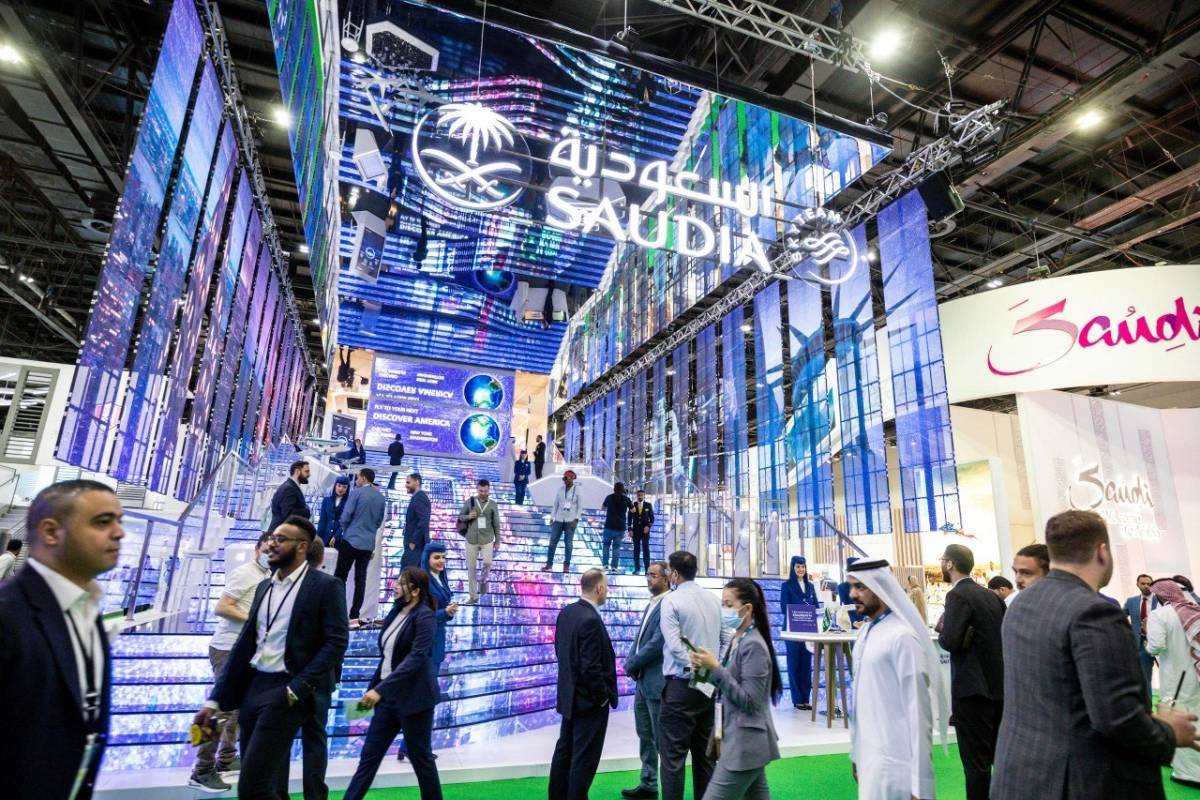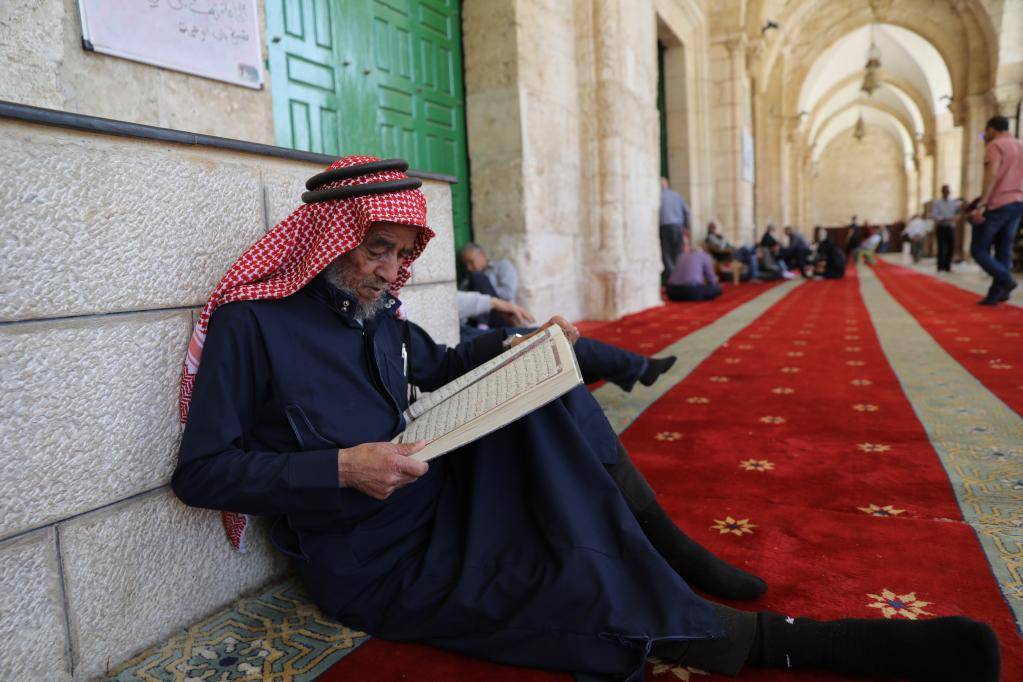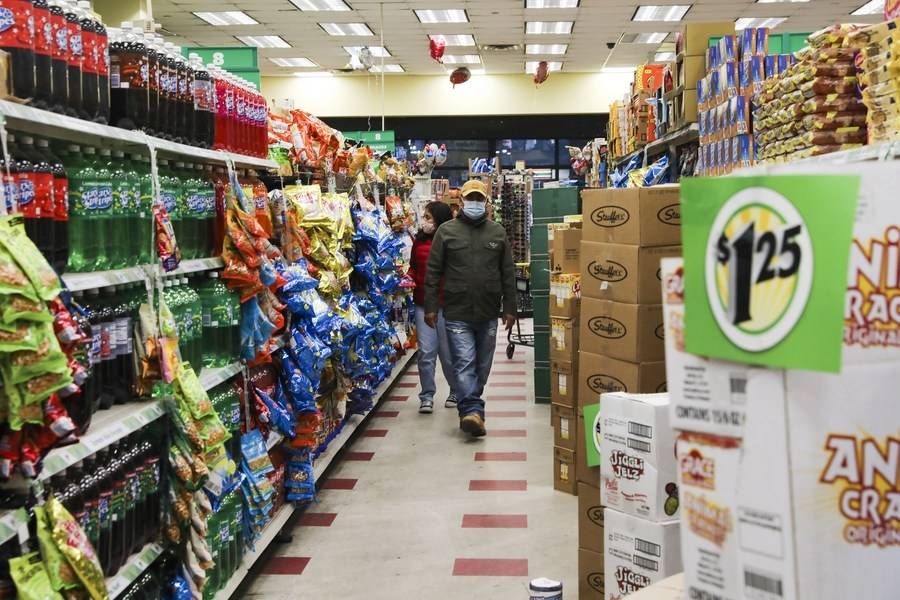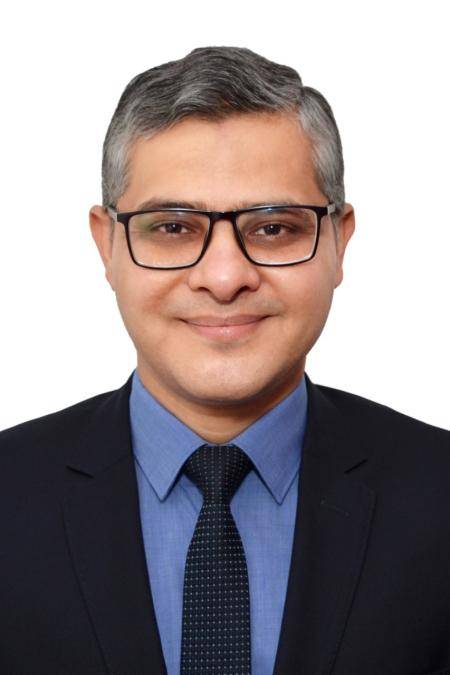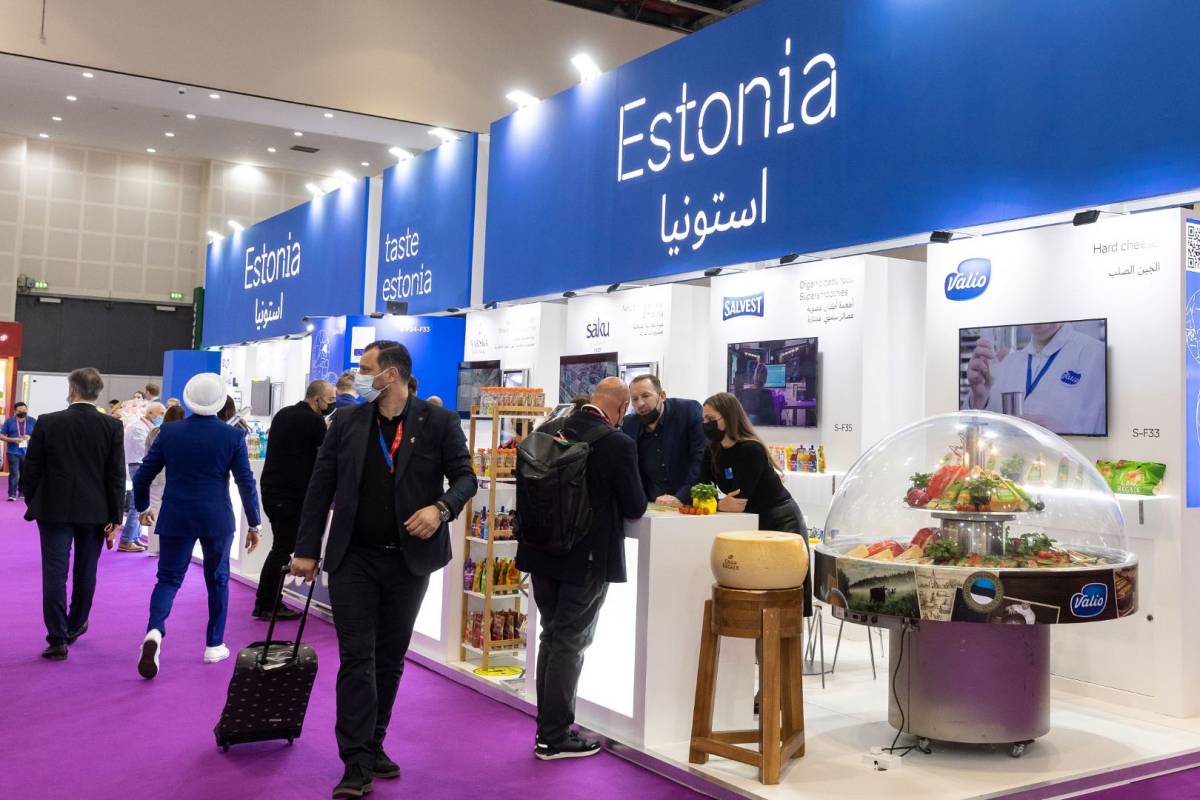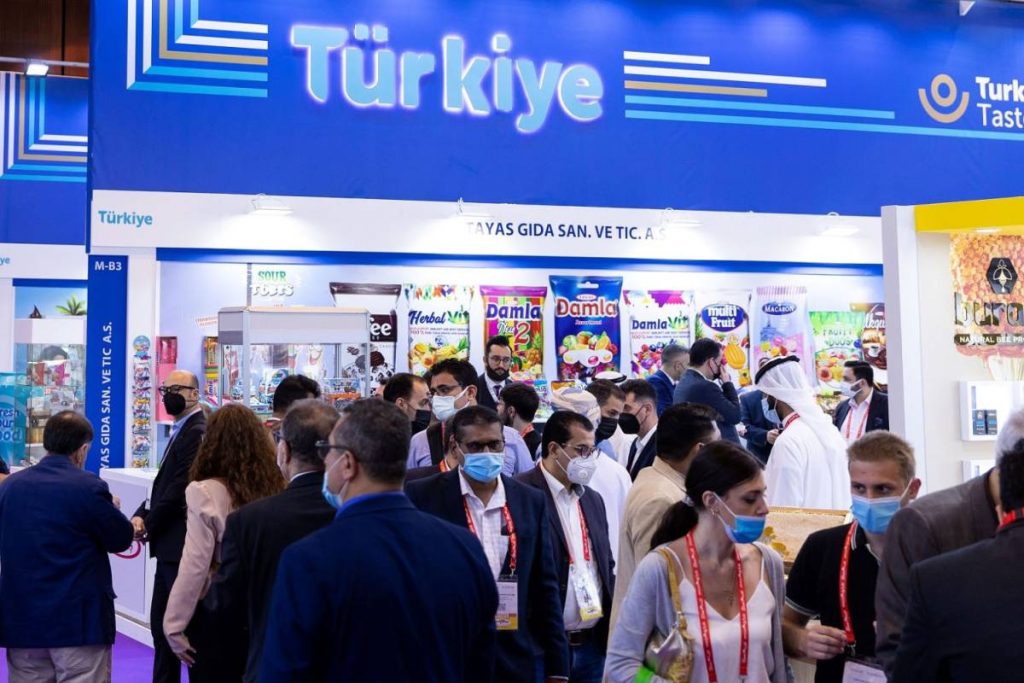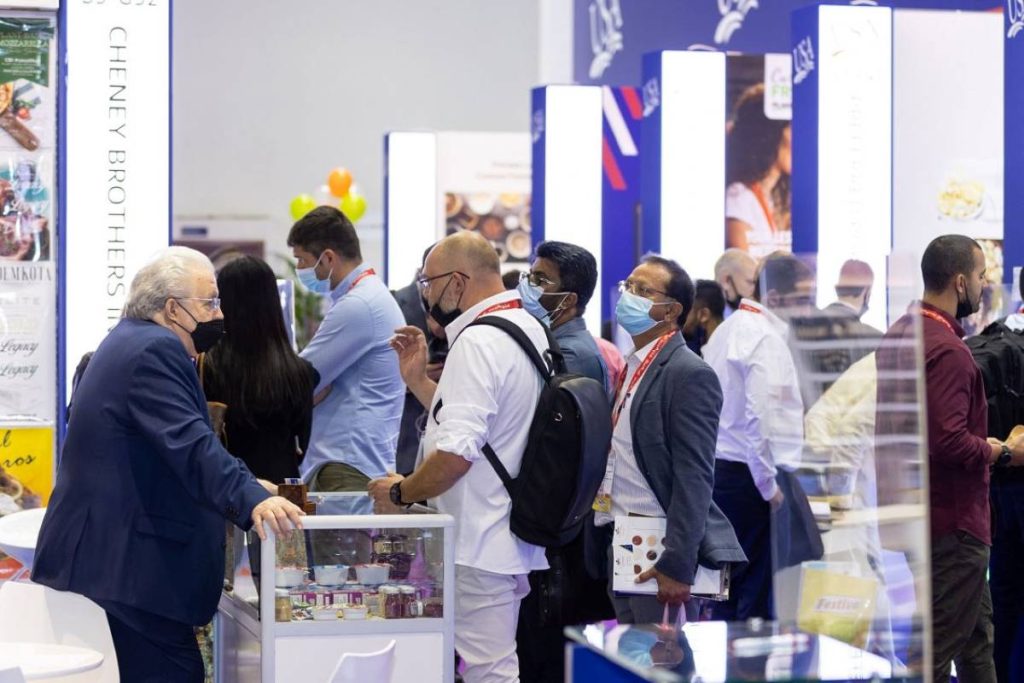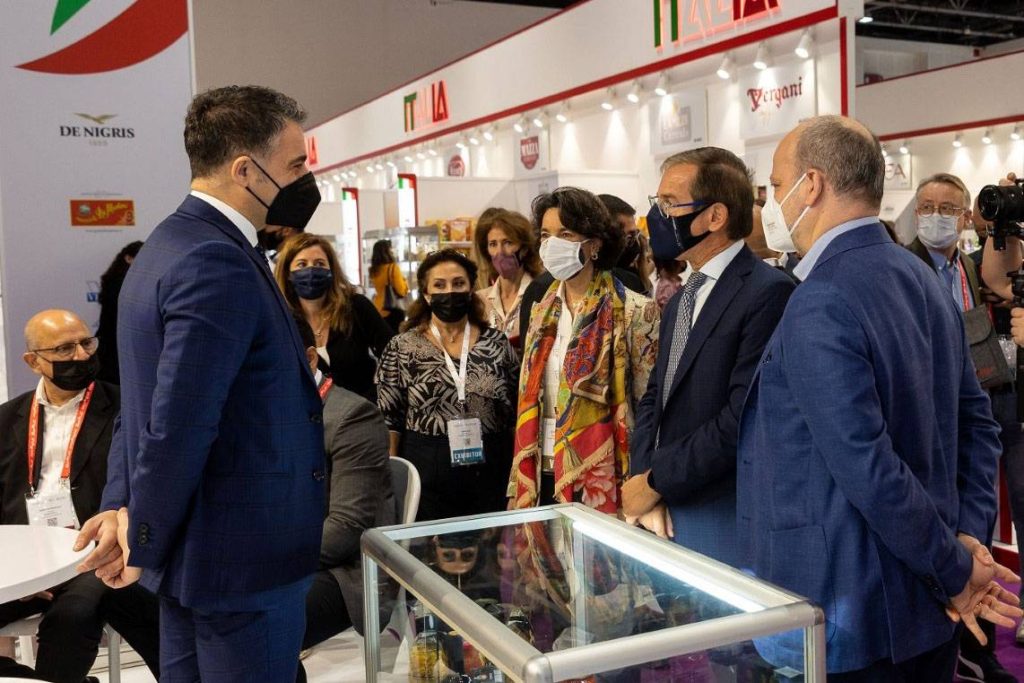The total contribution of the travel and tourism industry to the GDP of Middle East countries is expected to reach around US$ 486.1 billion by 2028…reports Asian Lite News
As tourism destinations in the Middle East are widening their appeal and extending their offerings to attract FDI, global ministers of tourism convened at the 2022 Middle East Tourism Investment Summit on the Arabian Travel Market (ATM) Global Stage to shine a spotlight on access to project finance in the post-COVID-19 era and discuss investment opportunities and challenges for destination tourism in the region.
Hosted jointly by ATM and the International Tourism & Investment Conference (ITIC), the summit began with a Ministerial Roundtable with participation from Dr Ahmad Belhoul Al Falasi, Minister of State for Entrepreneurship and SMEs & Chairman of Emirates Tourism Council of the UAE; Nayef Al Fayez, Minister of Tourism and Antiquities, Jordan; Edmund Bartlett, Minister of Tourism, Jamaica, and Philda Nani Kereng, Minister of Environment, Natural Resources Conservation and Tourism, Botswana.

Shedding new light on the Middle East and the UAE as a financial hub for future worldwide tourism investment, Dr Ahmad Al Falasi said: “For the UAE hospitality accommodation sector, investment in rooms and keys remains a primary focus as evidenced by a 5% growth in the number of rooms compared to 2019 levels, with a variation of service levels and accommodation type. However, while the big-ticket FDI will continue to grow in terms of rooms, from the service side, we see a lot of venture capital deployed on technological solutions for tourism. As the customer demand for elevated tourism experiences continues to evolve, we see technology as an important investment area in the future. So, while recovery is going well, we need to be mindful of being equitable in our recovery to ensure that the whole ecosystem benefits.”
According to recent forecasts, the total contribution of the travel and tourism industry to the GDP of Middle East countries is expected to reach around US$ 486.1 billion by 2028. Governments across the region are attracting hefty investments in their tourism industry, with Bahrain attracting US$ 492 million of tourism capital investment in 2020, for example, and the Kingdom of Saudi Arabia earmarking US$ 1 trillion to its travel and tourism sector through to 2030.
The audience heard from Jordan’s Minister of Tourism and Antiquities, Nayef Al Fayez, who discussed the continued investment in the country’s SME and start-up ecosystem to ensure that not it not only survived the pandemic but that it continued to thrive with women, youth and local communities empowered as a vital pillar of Jordan’s tourism industry.
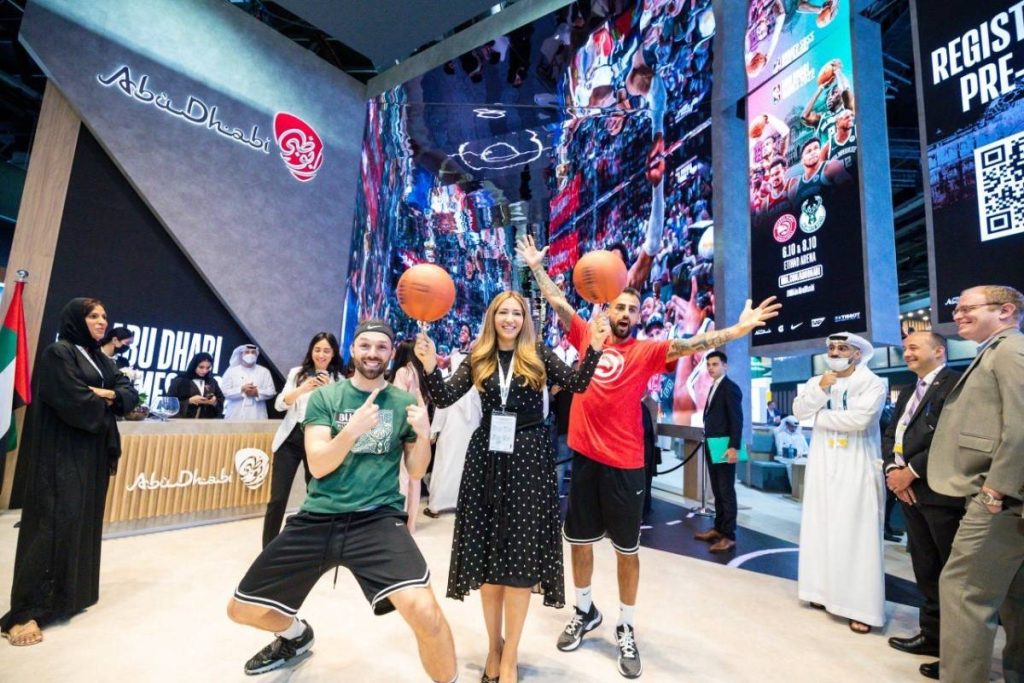
Similarly, Edmund Bartlett, Minister of Tourism, Jamaica, described how investment in knowledge development and new ideas is a vast new dimension to enable innovation in the country’s travel and tourism sector. Tourism investments will have to change to bridge the supply disruption gaps and build back the capacity of tourism to be the driver of economic growth and development.
Discussing the outlook for tourism in post-pandemic Botswana, Philda Nani Kereng, Minister of Environment, Natural Resources Conservation and Tourism, explained: “In investing in the tourism sector, we want to meet the needs of the tourist that emerges out of COVID-19 by developing a new diversified tourism product. This is a tourist that wants new experiences, to heal from the lockdown and to engage with the local culture and biodiversity of the destination.”
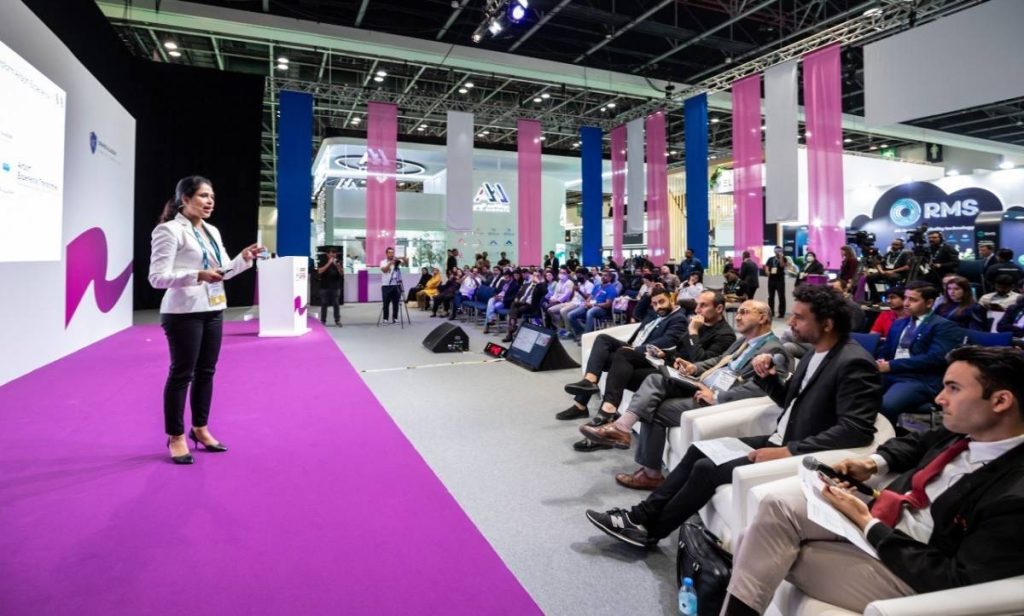
“ATM’s strategy is to support the industry with a summit that acts as a platform for tourism ministers, policymakers, industry leaders and investors to discuss topical issues, challenges and future trends in the sustainable development of tourism and travel throughout the region,” said Danielle Curtis, Exhibition Director ME, Arabian Travel Market.
Elsewhere on the agenda on Day 2, industry leaders took to the ATM Global Stage to discuss the evolution of the aviation sector while marketing and consumer consultancy D/A explored how brands can more effectively connect with the Arabic travel audience.
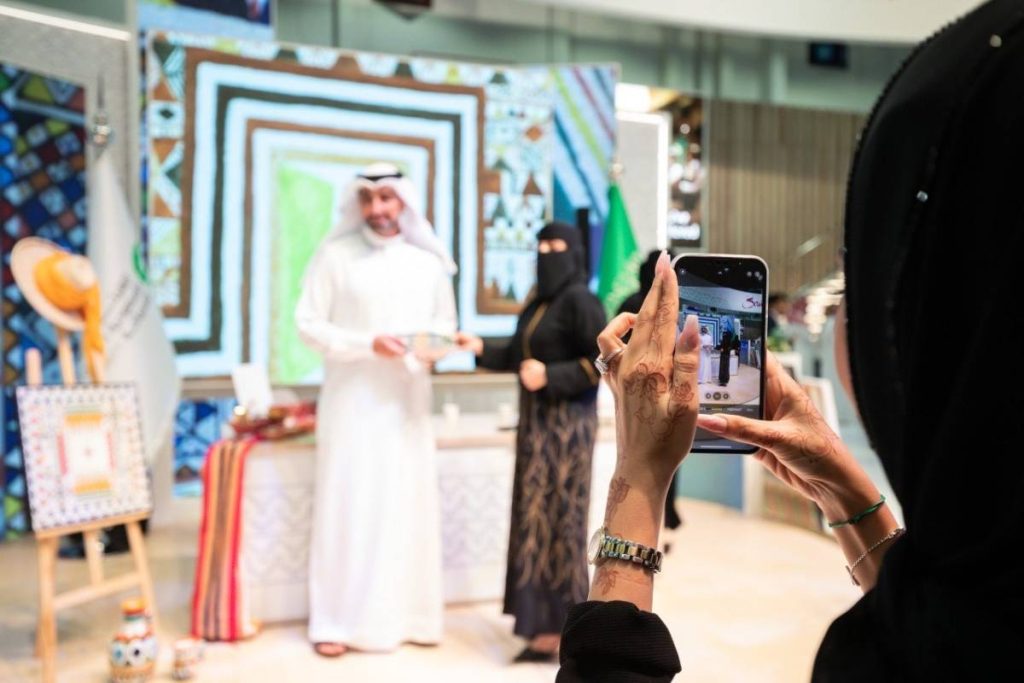
Moving forward, highlights on Day 3 include an in-depth discussion on the ATM Global Stage about the future of the region’s hotel industry and the importance of unique dining experiences as an essential tool in the destination marketing playbook. On the ATM Travel Tech Stage, the audience will hear research into travel’s new normal following the global pandemic, and how Web 3.0 technologies, such as the metaverse, blockchain and artificial intelligence, can be used as tools to drive the advancement of travel services.
ATM 2022 concludes on Thursday, 12th May, at the Dubai World Trade Centre (DWTC).

